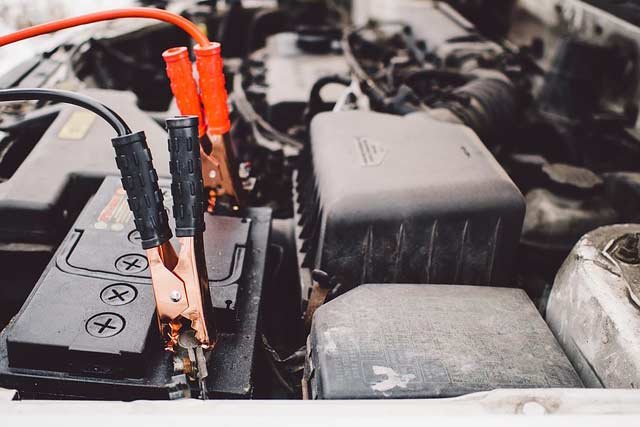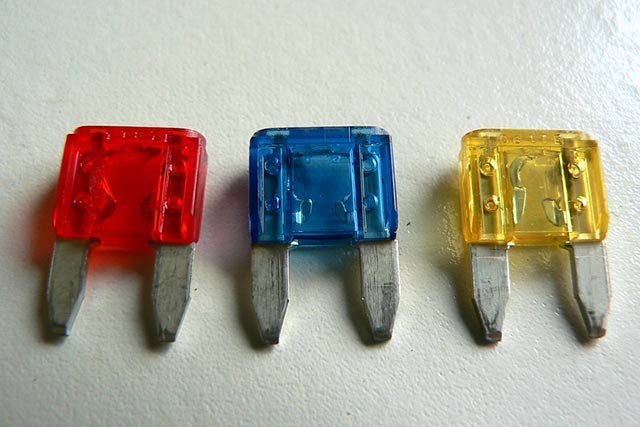When you’re worried about problems with your car, you probably most often think of something going wrong with the engine. But electrical problems in cars can be just as inconvenient, and there are lots of things that could go wrong. You could be left without heating or air-conditioning, your headlights could go, or you could end up with a dead battery. Luckily, many of these issues are easy to spot and diagnose. You can even fix some simple things yourself if you take the necessary precautions.
Most Common Electrical Problems in Cars
If you don’t know much about your car’s electrical system, read about these common electrical problems in cars and how to spot them;
1. Faulty or Dead Battery:

Problems with your car’s battery can ruin your day. One of the most obvious signs is that your vehicle won’t start at all, but it can also cause other problems. You might find that it takes a while for it to warm up in the mornings, and you have to try to start it several times. Though these seem like visible signs that your battery is dying, you can check to make sure that’s the case. To be safe, get help from an auto electrician to check it out for you so that you don’t accidentally hurt yourself. If you’re careful, you can check the batteries terminals for a buildup of oil or dirt, and perhaps test the battery with an electronic tester.
2. Blown Fuses:

If one of the electrical components of your car has stopped working or is on the fritz, it’s possible that it’s blown a fuse. You can fix this problem yourself if you want to since it doesn’t require a lot of technical skill. You need to find the location of the fuse box using your owner’s manual, and then look for the corresponding fuse and replace it. If you can change a fuse on a plug, you can probably do it in your car too.
3. Starter Motors:

Your starter motor starts your vehicle’s internal combustion engine. It sends an electrical charge to the engine to get it going. If it’s not working properly, you’ll have trouble starting your engine. So if you’re struggling to get started, it could be the starter motor and not the battery. One indication of this is a ticking sound as you attempt to start the engine, and the motor tries to do its job. If you suspect your starter motor might be at fault, take your car to your nearest auto electrician to get it checked out.
4. Alternators:

Alternator issues are something else. They could cause you to stall when you stop at traffic lights or might mean your battery won’t stay charged. The alternator is responsible for sending electrical energy to your battery, headlights, engine fan, ignition coil, and more. So a problem with your alternator could result in issues in several areas.
If you suspect an electrical fault, but you don’t know what they could be, the best thing to do is take it to an auto mechanic for a diagnosis. They can identify the problem and give you the solution.
